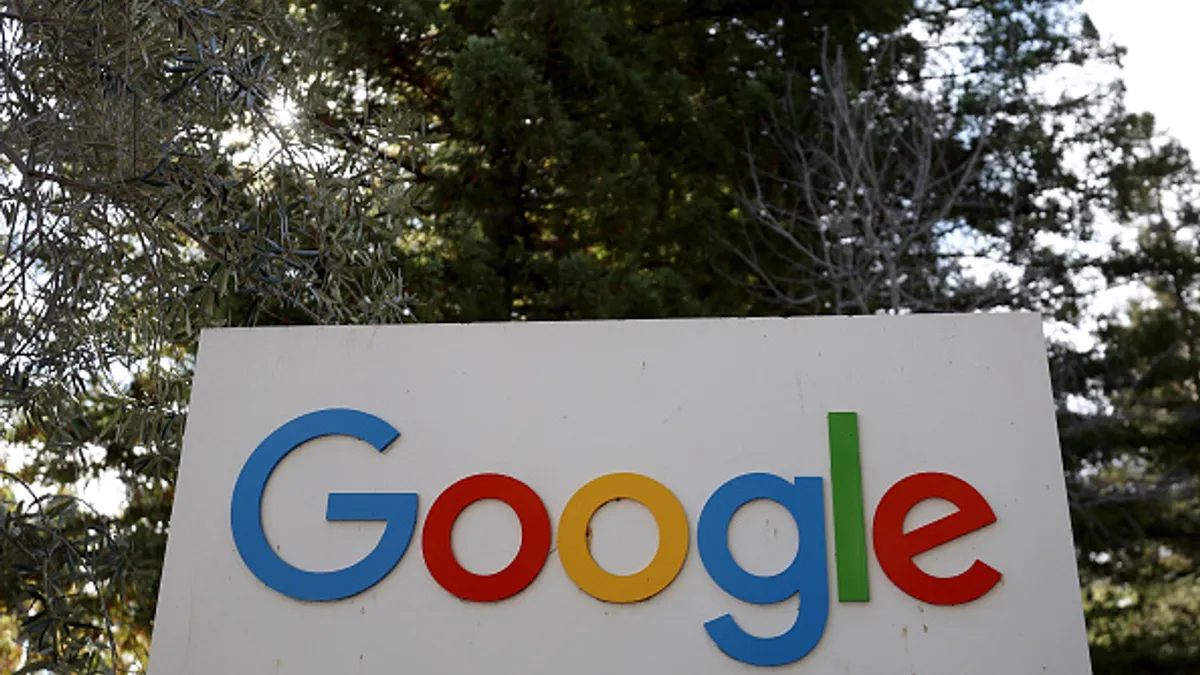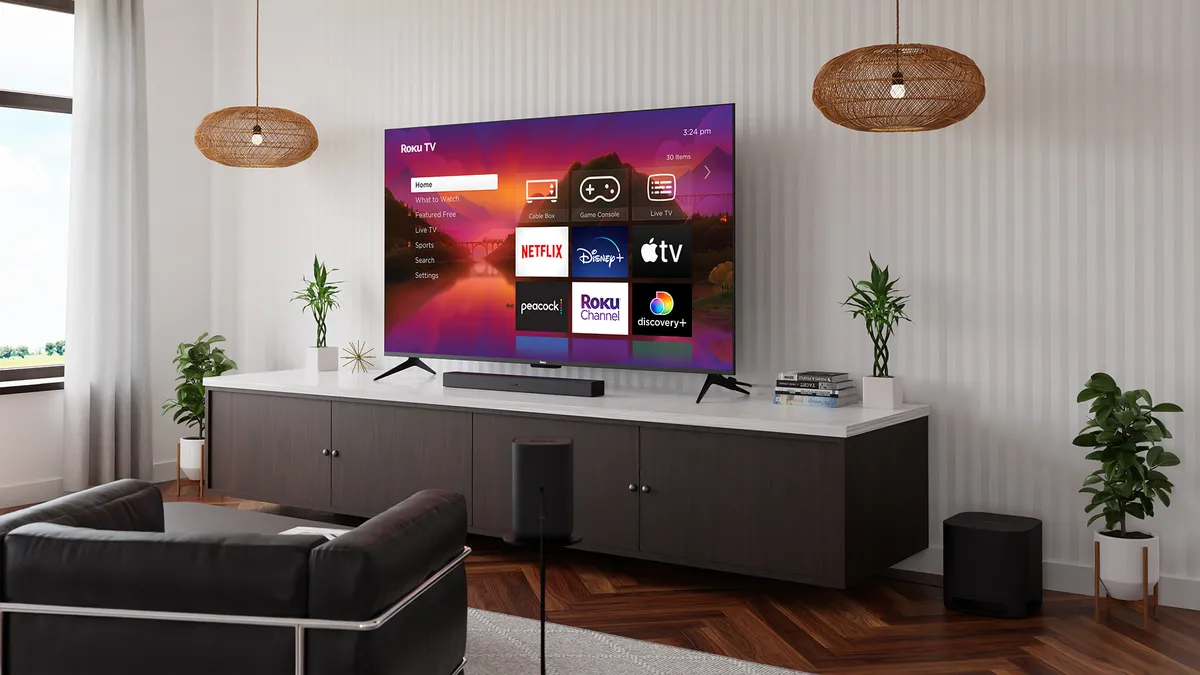The Department of Justice in a court filing earlier this week called for Google to divest its popular Chrome web browser, one of several proposed remedies following a ruling from August that found the tech giant wields an illegal monopoly on search and online ads. The 23-page document also argued that Google should be prohibited from entering into exclusionary agreements with publishers, a topic that was a focus of the antitrust trial due to Google’s long-standing deals with device makers like Apple.
Google losing a dominant product like Chrome could enable more competition and address some advertiser frustrations around working within a walled garden. It would likely not be a smooth or fast changeover, however, since so much advertising activity and so many widely adopted ad products are closely tied to the Chrome infrastructure.
“While a more fragmented browser market could foster a healthier ecosystem of independent players, the transition process risks disrupting the delicate balance of advertising workflows,” said Mateusz Jedrocha, chief product officer at the media-buying platform Adlook, in emailed comments.
“Advertisers, accustomed to Chrome’s tight integration with tools like Google Ads and Analytics, would need to rethink strategies and adapt to a potentially less streamlined environment,” Jedrocha added, while noting that the shift would open the door to platform diversity and reduce over-reliance on Google.
Google described the DOJ’s recommendations as wildly overreaching and being driven by a “radical interventionist agenda” in a response published on its The Keyword blog.
“We’re still at the early stages of a long process and many of these demands are clearly far afield from what even the Court’s order contemplated,” wrote Kent Walker, Google’s president of global affairs and chief legal officer. “We’ll file our own proposals next month, and will make our broader case next year.”
An influential force
Chrome controls over 60% of the web browser market, according to various industry estimates, and wields significant clout in online advertising. The browser is a “cornerstone of Google’s advertising dominance, particularly in search engine marketing (SEM),” according to Bradley Keefer, chief revenue officer of Keen Decision Systems. SEM accounted for roughly 14% of total media spend last year, per Keen Decision Systems’ estimates.
“The DOJ’s push to force Google to sell Chrome could create one of the most significant disruptions in the advertising landscape in years,” Keefer said over email.
Chrome’s industry shaping influence has been showcased in recent history. Google’s push to deprecate third-party cookies in Chrome, first set into motion in 2020, spurred a broad movement to wean off a reliance on the ad-targeting technology. Google ultimately scuttled its plans to kill off the cookie earlier this year amid a series of complications, but reverberations from the effort are still felt today, with many advertisers continuing to work through alternative solutions. One of those is Google’s Privacy Sandbox, an initiative that has received industry pushback and could be further disrupted by a Chrome sell-off, according to Jedrocha.
“Designed as an alternative to third-party cookies, Privacy Sandbox has been positioned as a cornerstone of the industry’s privacy-first future,” said Jedrocha. “However, Chrome’s independence could disrupt this trajectory, leaving advertisers and developers in a state of uncertainty.”
A windfall for competitors?
Google losing Chrome would, in theory, be a benefit to browser competition, but some rivals did not seem enthusiastic about the specifics of the DOJ’s recommendations.
“The US Department of Justice’s proposed remedies, aimed at improving search engine competition, would unnecessarily impact browser competition,” said Mozilla, a nonprofit group which operates the Firefox browser, in a statement. Mozilla is one of the companies that has deals in place to make Google its default search engine.
“If implemented, the prohibition on search agreements with all browsers regardless of size and business model will negatively impact independent browsers like Firefox and have knock-on effects for an open and accessible internet,” the statement continued.
Players that could see more direct gains include digital advertising platforms that have begun to chip away at Google’s market share in recent years. Those include the burgeoning category of retail media networks that leverage first-party shopper data to target ads.
“Retail media giants like Walmart and Amazon, already gaining momentum with competitive CPMs, could see additional growth as advertisers diversify their spend,” wrote Keefer.
“The ripple effects would extend beyond search. Meta and TikTok, already battling for dominance in social media advertising, could see intensified competition,” the executive added.






















